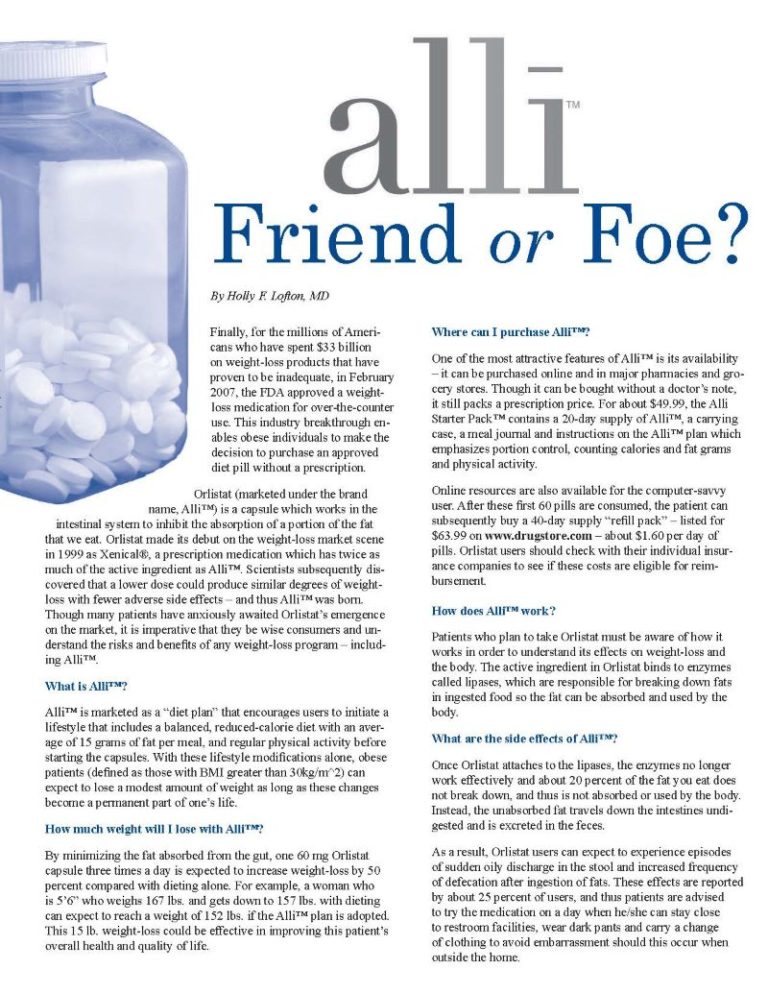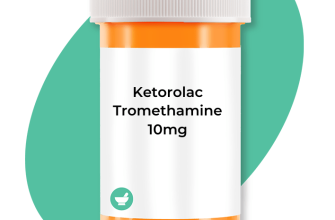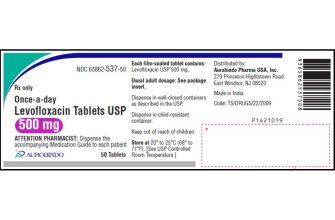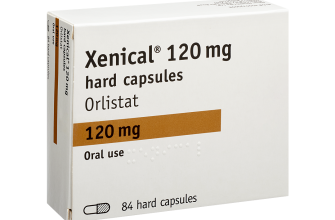Consider a balanced diet and regular exercise. This combination provides sustainable weight loss and improves overall health, addressing the root causes of excess weight, unlike Alli which only targets fat absorption. Focusing on nutrient-rich foods like fruits, vegetables, lean proteins, and whole grains will naturally curb your appetite and boost your metabolism.
Prescription weight-loss medications offer a more targeted approach than Alli. Your doctor can assess your individual needs and prescribe a medication like orlistat (a stronger version of the active ingredient in Alli), phentermine, or semaglutide, all of which have demonstrated greater efficacy in clinical trials. They work through different mechanisms, some suppressing appetite and others altering fat absorption, offering more impactful results than over-the-counter options.
Lifestyle changes are paramount. Prioritize sleep, manage stress, and address any underlying medical conditions contributing to weight gain. A registered dietitian can create a personalized meal plan, and a personal trainer can guide you through safe and effective exercise routines. These professional consultations offer valuable support and guidance for long-term weight management success.
Remember to consult your physician before starting any weight-loss program or medication. They can assess your health, advise on the safest and most appropriate strategies for your specific circumstances, and monitor your progress. Individual results vary significantly, and medical guidance is key to achieving your goals safely and effectively.
- What to Use Instead of Alli: A Comprehensive Guide
- Dietary and Lifestyle Changes for Weight Loss
- Hydration and Mindful Eating
- Boosting Activity Levels
- Alternative Weight Loss Medications and Supplements (with Cautions)
- Prescription Medications Beyond Orlistat
- Supplements: Proceed with Caution
- Seeking Professional Guidance for Weight Management
- Dietary Strategies
- Exercise Recommendations
- Beyond Diet and Exercise
- Finding a Professional
What to Use Instead of Alli: A Comprehensive Guide
Consider lifestyle changes. Weight loss hinges on a calorie deficit. Prioritize a balanced diet rich in fruits, vegetables, and lean protein. Increase your physical activity; aim for at least 150 minutes of moderate-intensity exercise weekly.
Consult a doctor or registered dietitian. They can create a personalized weight management plan tailored to your needs and health status, addressing any underlying medical conditions affecting your weight.
Explore prescription weight-loss medications. Your doctor might suggest options like phentermine or semaglutide, depending on your individual circumstances. These medications require careful monitoring and should be used under medical supervision.
Try other over-the-counter options. Fiber supplements can aid digestion and promote satiety, helping you feel fuller for longer. Green tea extract may boost metabolism. Always read labels and follow dosage instructions carefully.
Focus on behavioral changes. Track your food intake and exercise using a journal or app. Identify triggers for unhealthy eating habits and develop strategies to manage them. Consider working with a therapist or counselor specializing in weight management.
Remember, sustainable weight loss requires dedication and patience. Small, consistent changes are more effective than drastic measures. Celebrate your progress and don’t be discouraged by occasional setbacks.
Dietary and Lifestyle Changes for Weight Loss
Prioritize whole, unprocessed foods. Fill half your plate with fruits and vegetables at every meal. Choose lean protein sources like chicken breast, fish, beans, and lentils. Incorporate whole grains like brown rice and quinoa for sustained energy.
Hydration and Mindful Eating
Drink plenty of water throughout the day. Aim for at least eight glasses. Practice mindful eating – pay attention to your hunger and fullness cues. Eat slowly, savor your food, and avoid distractions like screens.
Boosting Activity Levels
Aim for at least 150 minutes of moderate-intensity aerobic exercise per week, spread throughout the week. Include strength training exercises twice a week, targeting all major muscle groups. Find activities you enjoy – whether it’s brisk walking, swimming, cycling, or dancing – to increase adherence.
Prioritize sleep. Aim for 7-9 hours of quality sleep each night. Sufficient sleep regulates hormones that affect appetite and metabolism. Manage stress through relaxation techniques like meditation or yoga. Stress can lead to overeating.
Alternative Weight Loss Medications and Supplements (with Cautions)
Consider Orlistat, a prescription medication that works by blocking fat absorption. It’s a different mechanism than Alli and requires a doctor’s consultation. Remember, Orlistat can cause side effects like oily stools and digestive upset.
Prescription Medications Beyond Orlistat
Several other prescription weight-loss medications exist, including phentermine-topiramate (Qsymia), naltrexone-bupropion (Contrave), and liraglutide (Saxenda). These drugs affect appetite and metabolism differently; discuss them with your physician to determine suitability and potential risks. They typically require monitoring for adverse reactions.
Important Note: Prescription weight-loss medications often carry potential side effects. Always follow your doctor’s instructions carefully and report any concerns promptly.
Supplements: Proceed with Caution
Some supplements, such as glucomannan (a fiber), and green tea extract, are promoted for weight loss. However, scientific evidence supporting significant weight loss with these supplements is often limited or inconclusive. Always choose reputable brands and talk to your doctor before starting any new supplement regimen, especially if you have existing health conditions or take other medications.
Caution: Supplement purity and dosage aren’t always regulated as strictly as medications. This increases the risk of unexpected interactions or adverse effects.
Seeking Professional Guidance for Weight Management
Consult a registered dietitian or a doctor specializing in weight management. They’ll create a personalized plan based on your individual needs and health history. This plan will likely incorporate dietary modifications and an exercise program tailored to your abilities and preferences.
Dietary Strategies
- Expect guidance on portion control and mindful eating techniques. Learn to identify hunger cues and avoid emotional eating.
- Discover healthy eating patterns that prioritize whole, unprocessed foods like fruits, vegetables, lean proteins, and whole grains.
- Explore strategies to manage cravings and make healthier food choices. You’ll learn how to read food labels and identify hidden sugars and unhealthy fats.
Exercise Recommendations
- A professional will help you establish a realistic and sustainable exercise routine. This may involve a mix of cardio and strength training.
- You’ll receive personalized advice on the types, intensity, and frequency of physical activity suitable for your fitness level.
- They’ll address potential barriers to exercise and offer strategies to overcome them, building your motivation and adherence.
Beyond Diet and Exercise
Consider behavioral therapy. A therapist can help you identify and address underlying psychological factors that may contribute to overeating or hinder weight loss. This can be particularly beneficial for long-term success.
Finding a Professional
- Check with your primary care physician for referrals.
- Use online directories to locate registered dietitians and weight-management specialists in your area. Verify their credentials.
- Read online reviews and testimonials to gauge others’ experiences.
Remember consistent effort is key! A professional can help you build healthy habits for lasting results.










